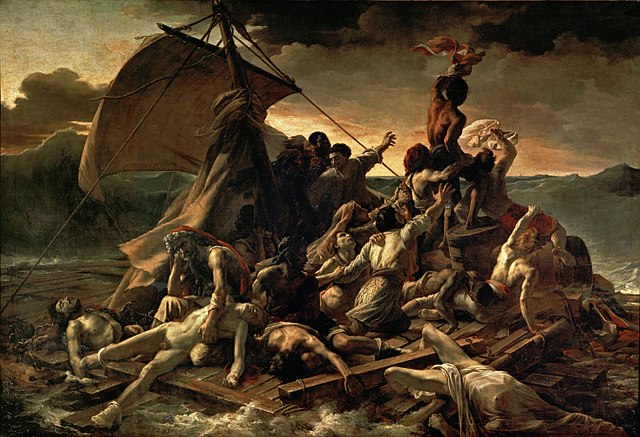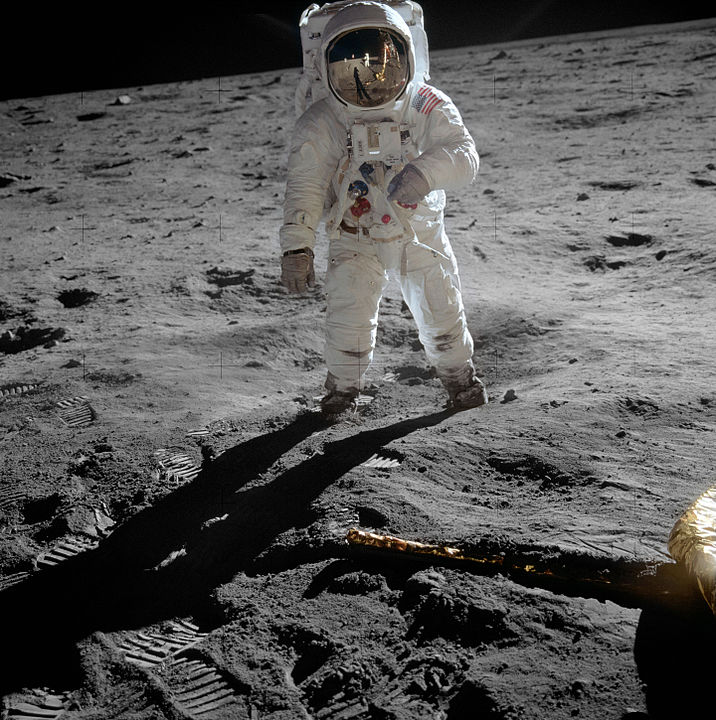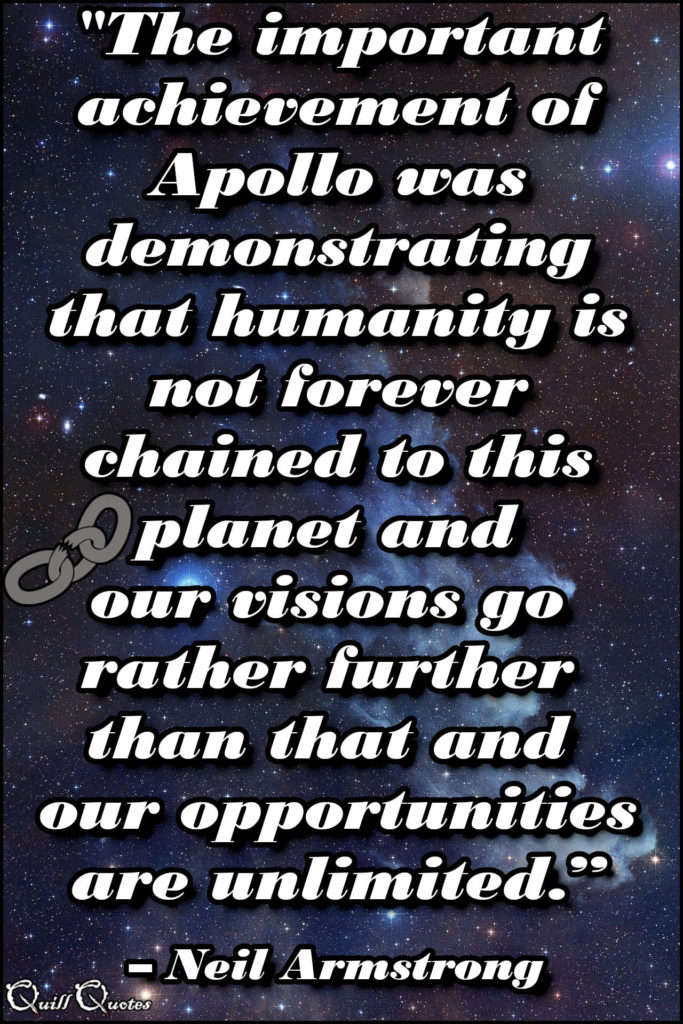There is always much to learn from quotes and their historical significance. Read on for a collection of quotes and general history from July 14th – 20th.

July 14, 1789
“In France, the people were the sport of a king’s caprice. Everywhere was the shadow of the Bastille. It fell upon the sunniest field, upon the happiest home.”
– Robert Green Ingersoll
The Storming of the Bastille occurred in Paris, France on July 14th, 1789. The Bastille was a medieval fortress and prison that represented the royal authority of France and it’s fall signified the beginning of the French Revolution. When King Louis XVI heard the news from the Duke of La Rochefoucauld and asked, “Is it a revolt?” The duke replied, “No sire, it’s not a revolt; it’s a revolution.” The French Revolution led to the abolition of the French monarchy, establishment of a democratic republic, and Napoleon Bonaparte’s rise to power. Bastille Day is now the national day of France and has been celebrated with the oldest and largest regular military parade in Europe since 1880.
July 15, 1500
“The Lannisters send their regards.”
– HBO, Game of Thrones, Roose Bolton
On July 15, 1500, a real-life “Red Wedding” occurred in Perugia, Italy. The Baglioni family had been fighting amongst themselves for power much of the 15th century, culminating in the “bloody wedding” of Astorre Baglioni and Lavinia Colonna. At the wedding, one of the minor family members, Grifonetto led a massacre of most others in attendance. Reportedly killing over 200 to take control of the city. However, some of the family members escaped, including Giampaolo who would later return to retake the city and kill Grifonetto.
July 16, 1945
“We knew the world would not be the same. A few people laughed, a few people cried, most people were silent. I remembered the line from the Hindu scripture, the Bhagavad-Gita. Vishnu is trying to persuade the Prince that he should do his duty and to impress him takes on his multi-armed form and says, “Now I am become Death, the destroyer of worlds. I suppose we all thought that, one way or another.”
– J. Robert Oppenheimer
The Trinity Test, the first detonation of a nuclear weapon, was performed on July 16, 1945, as part of the Manhattan Project in New Mexico. As soon as nuclear weapons were proven theoretically possible in 1942, the Manhattan Project had begun in earnest. Led by Brigadier General Leslie R. Groves Jr. and physicist J. Robert Oppenheimer, much of the nation’s scientific community was in some way involved in the project, although most did not truly know what they were working on. Surprisingly, the “Little Boy” and “Fat Man” bombs were dropped on Hiroshima and Nagasaki, Japan less than a month after the successful detonation of “The Gadget” during the Trinity Test.
July 17, 1816
“The literary scene is a kind of Medusa’s raft, small and sinking, and one’s instinct when a newcomer tries to clamber aboard is to step on his fingers.”
– John Updike
On July 17, 1816, the remaining 15 survivors aboard a raft from the wrecked French ship Méduse were rescued by the Argus, which happened upon them. The improvised raft had been adrift for 12 days after the Méduse hit the Bank of Arguin off the coast of Africa. Originally, there had been around 150 men aboard the raft, but with scarce rations and only the center of the raft above the water, many died fighting to get to the center, committed suicide, or were washed overboard. With rations dwindling, some resorted to cannibalism and the weak and wounded were thrown overboard. Of the 15 men rescued, only 10 recovered, the other 5 dying within days.

July 18, 2013
“There are cities that get by on their good looks, offer climate and scenery, views of mountains or oceans, rockbound or with palm trees. And there are cities like Detroit that have to work for a living.”
– Elmore Leonard
The city of Detroit, Michigan filed for Chapter 9 bankruptcy on July 18, 2013. This is by far the largest municipal bankruptcy filing in U.S. history by debt, estimated at $18-20 billion. Second most is Jefferson County, Alabama’s $4 billion, filed in 2011. Detroit is also the largest U.S. city by population to file for bankruptcy. The biggest problem was the city’s pension plans, accounting for 1/3 of the city’s budget, which couldn’t be covered by the declining tax revenue as people and businesses moved out of Detroit. By November 7, 2014, much faster than expected, a deal was worked out for Detroit to pay its creditors between 14 and 75 cents on the dollar to exit bankruptcy, known as the Grand Bargain.
July 19, 1848
“The moment we begin to fear the opinions of others and hesitate to tell the truth that is in us, and from motives of policy are silent when we should speak, the divine floods of light and life no longer flow into our souls.”
– Elizabeth Cady Stanton
On July 19, 1848, the Seneca Falls Convention began in Seneca Falls, New York. This was the first women’s rights convention and is often considered the beginning of the women’s rights movement. Organized by Elizabeth Cady Stanton and Lucretia Coffin Mott, the convention debated and modified the Declaration of Sentiments before putting it forward for signatures. In the words of Frederick Douglass, the sole African American in attendance, the Declaration was the “grand movement for attaining the civil, social, political, and religious rights of women.” Of the approximately 300 attendees, 100 signed the Declaration, 68 women and 32 men.


July 20, 1969
“That’s one small step for [a] man; one giant leap for mankind.”
– Neil Armstrong
On July 20th, 1969, Apollo 11 landed the first humans, Neil Armstrong and Buzz Aldrin, on the Moon! Armstrong’s famous first step onto the lunar surface was broadcast worldwide on live TV. After nearly a day (21.5 hours) at Tranquility Base on the Moon’s surface, the Apollo Lunar Module Eagle’s ascent stage lifted off to rejoin the Columbia command module in orbit. Then, Armstrong, Aldrin, and command module pilot Michael Collins returned safely to Earth, splashing down in the Pacific Ocean on July 24 after 8 days in space. With the success of Apollo 11, the U.S. effectively won the Space Race and met the near-impossible goal set by President John F. Kennedy in 1961:
“I believe that this nation should commit itself to achieving the goal, before this decade is out, of landing a man on the Moon and returning him safely to the Earth. No single space project in this period will be more impressive to mankind, or more important in the long-range exploration of space; and none will be so difficult or expensive to accomplish.”
– President John F. Kennedy

The Apollo program landed five additional missions on the moon, 12 men in total. Sadly, despite the many milestones and technological advances made by the program, it was shut down in 1972 after Apollo 17. Since then, no crewed missions have returned to the Moon or even gone beyond low Earth orbit. Hopefully soon, humans will return to the Moon and venture on for Mars!

What’s your favorite quote/event from this week? Let me know in the comments! Mine is the Apollo 11 Moon Landing and Armstrong’s “small step” quote.
In case you missed last week’s quotes, see History July 7th – 13th.
To never miss a Quill Quotes post, please subscribe to our free Email Newsletter and follow us on Social Media.
Leave a Reply